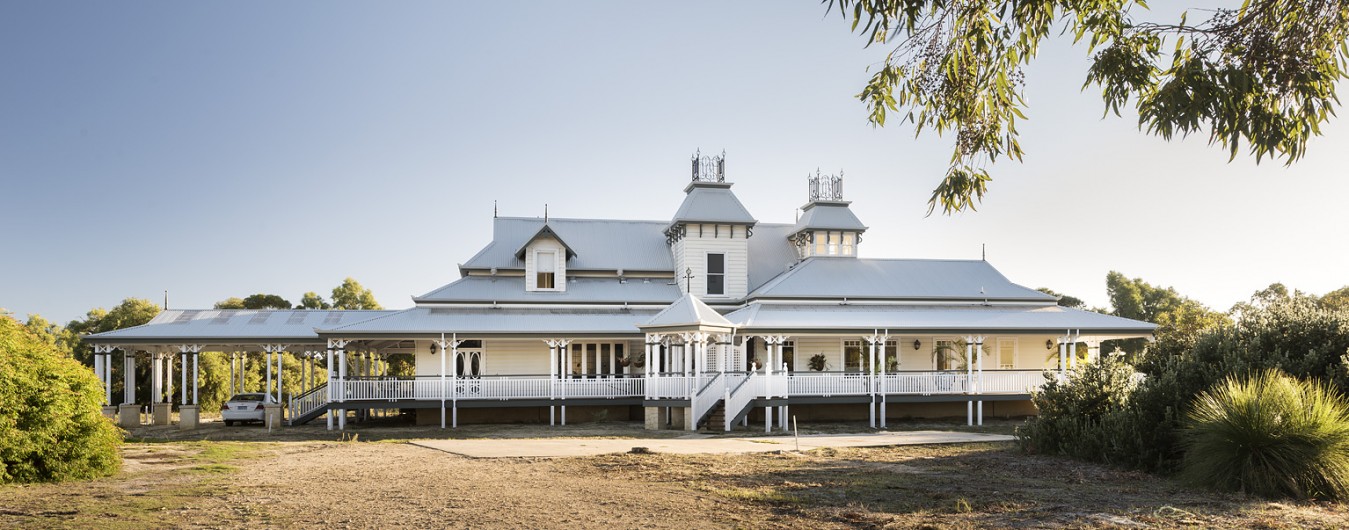Fossil Subsidies Fuel Climate Change
8 August 2010
Ray Wills, CEO
Western Australian Sustainable Energy Association Inc. (WA SEA)
Website: www.wasea.com.au
Email: info@wasea.com.au
A new report by analyst Bloomberg New Energy Finance shows that global governments’ support for fossil fuel industry is about 10 times that offered to renewable energy says the WA Sustainable Energy Association Inc. (WA SEA).
The report which analyses subsidies and incentive schemes offered globally to developers of renewable energy and biofuel technologies and projects concludes that in 2009 governments provided subsidies worth between $US43bn and $US46bn to renewable energy and biofuel industries, including support provided through feed-in tariffs, renewable energy credits, tax credits, cash grants and other direct subsidies.
This contrasts with data from the International Energy Agency (IEA) released in June showed that $557bn was spent by governments during 2008 to subsidise the fossil fuel industry.
Meanwhile in another new report, the U.S. National Oceanic and Atmospheric Administration lists 10 indicators that global warming is happening: rising humidity; rising sea-surface temperature as well as heat stored in deeper waters; shrinking sea ice, glacier and springtime snow cover; rising temperatures over land and sea; and rising sea levels. All point to a rapidly warming world.
‘We must fundamentally change the way we think about energy and how we do business. And we must act,’ says WA SEA Chief Executive Prof Wills.
While some politicians try to downplay the importance of climate change and sustainability as an election issue, a poll jointly commissioned by the ACF and WWF conducted by respected Auspoll shows climate policies will affect the votes of most Australians.
The poll revealed that ‘Pollution and climate change’ will influence the votes of 78 per cent of the 2,200 voters surveyed.
WA SEA has created a comprehensive list of cost effective and practical actions that can be taken across all sectors of the economy that will boost national productivity, reduce inflation and ensure continued strong growth within the Australian sustainable energy industry and across Australia’s economy for decades to come.
This document consolidates a raft of commentary released by WA SEA aimed at improving Australia’s energy efficiency and take up of renewable energy generation, including measures that remove barriers to business entry and deliver incentives to ensure a more sustainable economy.
Next week WA SEA will release an election score chart that will document how well election commitments from all major parties are tracking against this action list.
Editors notes:
1. News reports on fossil fuel subsidies:
http://www.guardian.co.uk/environment/2010/aug/03/fossil-fuel-subsidies-renewables
http://oilprice.com/Energy/Energy-General/Fossil-Fuel-Subsidies-10x-Renewables-Support.html
2. NOAA ten key indicators show global warming “undeniable”
3. The truth about global warming
4. What the world is doing – United Nations Environment Programme report
5. ACF/WWF poll result
6. WA SEA Policy framework via WA SEA website
7. The Western Australian Sustainable Energy Association Inc. (WA SEA) is a chamber of enterprises has a growing membership of over 350 industry members from a diversity of businesses. WA SEA is the largest energy industry body in Australia.
8. WA SEA bringing you the Energising SE Asia Conference 23-26 March 2011, Perth.









